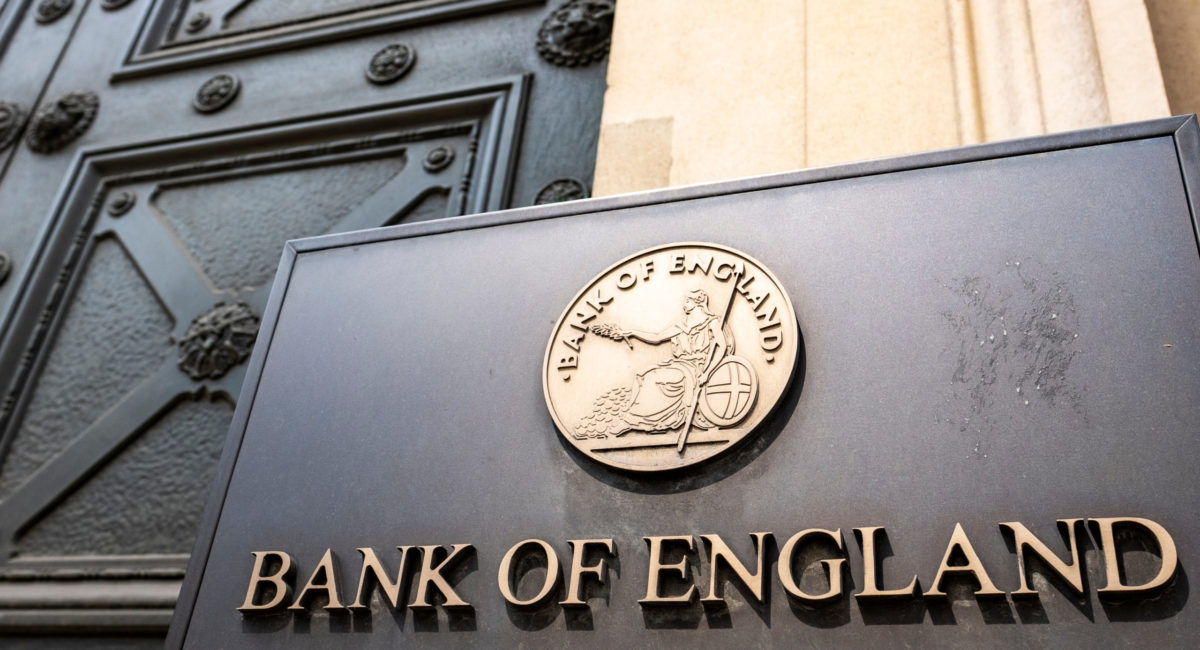‘Smart regulation’ package welcome, but more reforms needed
SUGGESTED



“These announcements are a modest but welcome step towards limiting the regulatory state and exploiting Brexit opportunities. But much more work needs to be done to decrease the red tape burden strangling British businesses and pushing up consumer prices.
“The sunsetting of EU law by the end of the year has backfired for regulatory reform advocates. It led to busy work just to maintain the status quo and created substantial uncertainty.
“New legal principles like ensuring regulation is a last resort and that costs are properly calculated, could help turn the tide on efforts to increase the regulatory burden. It is also sensible for regulators to have an explicit innovation and growth objective.”
Commenting on the changes to the working time directive and simplification of employment regulation for business transfers, Institute of Economic Affairs Labour Market Expert Professor Len Shackleton, said:
“It is good to see the government taking some action to roll back employment regulation, which has increased dramatically in the last thirteen years despite occasional rhetorical criticism. Some of this was down to EU meddling, but more was down to domestic policies and it is good to see some reversal, however limited.
“Most economists agree that the cost of employment regulation does not ultimately fall on profits, but is passed on to consumers through higher prices and to workers in terms of lower pay than might otherwise be the case.
“So, it follows that the estimated savings of £1 billion from regulatory reform will ultimately benefit a wider constituency than business owners. More of the same please.”
ENDS
Notes to Editors
CONTACT: media@iea.org.uk / 07763 365520
Matthew Lesh wrote to The Financial Times this week urging caution on attempts to automatically sunset all EU regulations in the Retained EU Law Bill: https://www.ft.com/content/aeae93d9-bcdd-4e8e-8d46-3dde2d6a6868
In 2017, Professor Shackleton published Working to Rule, a book on the economic damaged caused by UK employment regulations: https://iea.org.uk/publications/working-to-rule-the-damaging-economics-of-uk-employment-regulation/
The IEA has also published research outlining the arguments for a regulatory innovation principle and analysing the burden of red tape imposed by both Brussels and Westminster on the UK economy.
The mission of the Institute of Economic Affairs is to improve understanding of the fundamental institutions of a free society by analysing and expounding the role of markets in solving economic and social problems. The IEA is a registered educational charity and independent of all political parties.



